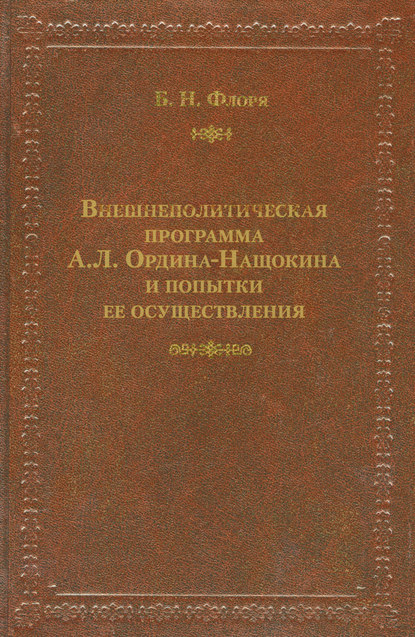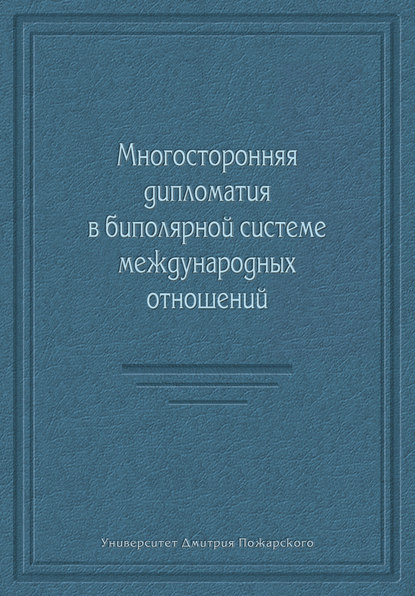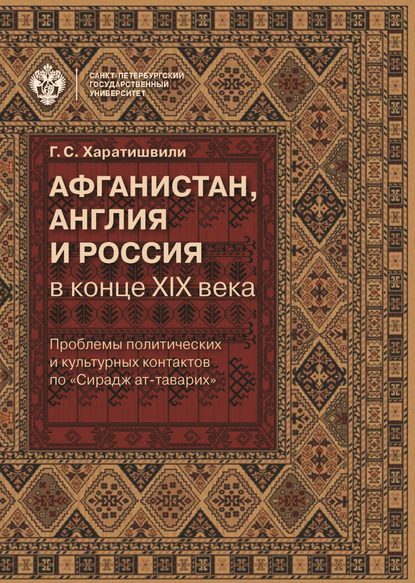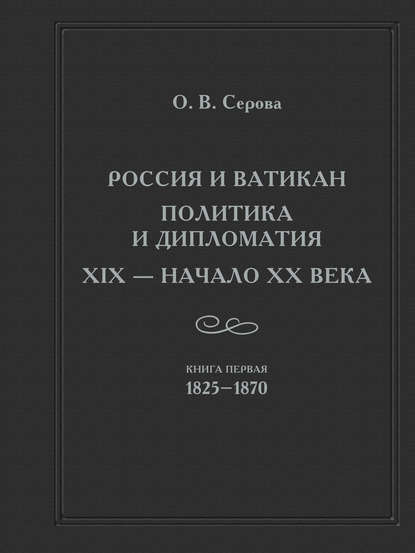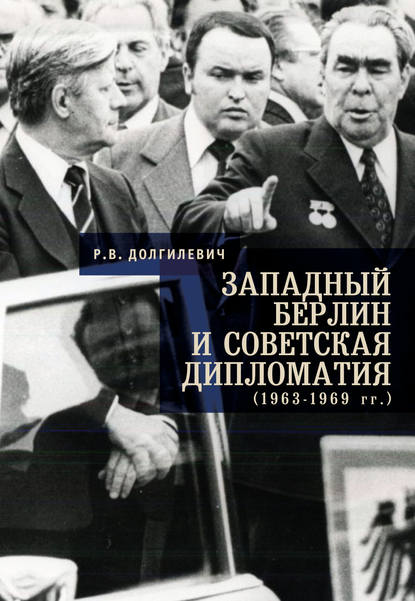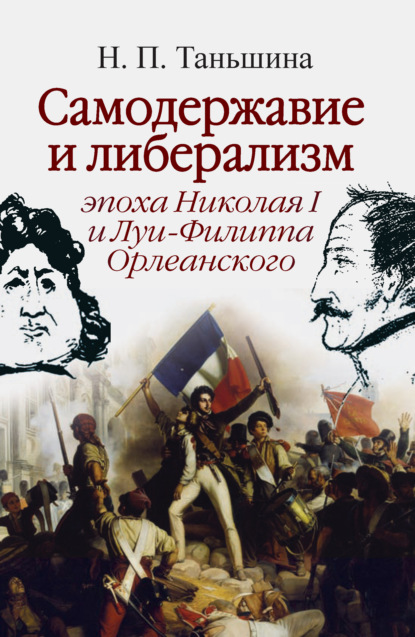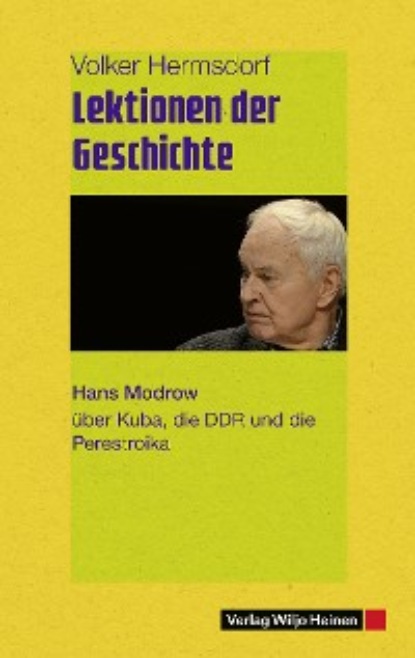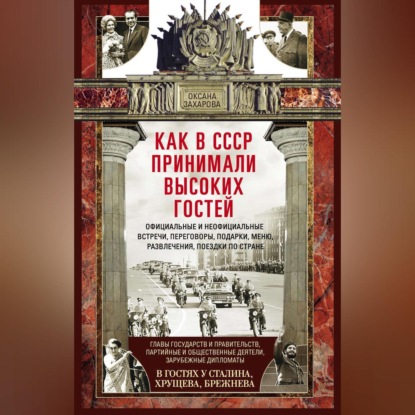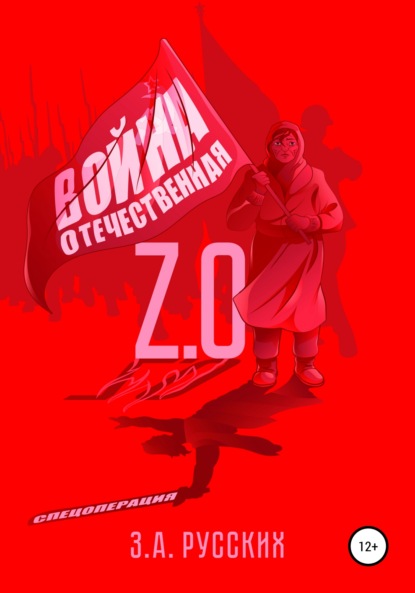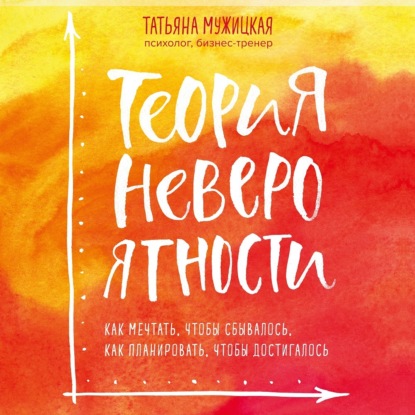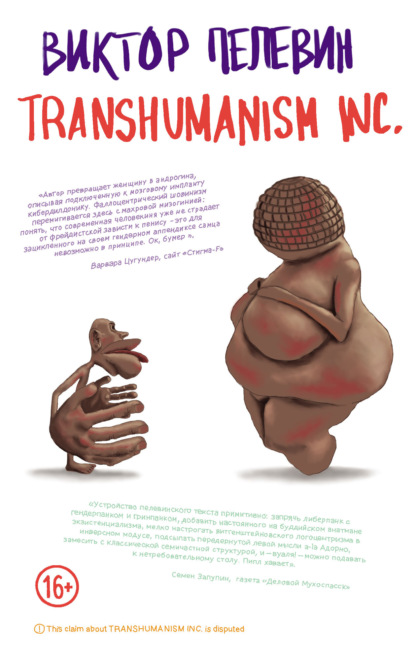Книга "Транснациональная Украина" представляет собой сборник научных статей, в которых исследуются связи Украины с другими странами и ее транснациональная природа. В результате событий Евромайдана стало очевидно, что поиск идентичности и будущего Украины коренится в исторических расколах страны и ее множественных связях за ее пределами. В этой книге выдающиеся ученые предлагают эмпирический анализ и теоретические размышления о транснациональной природе Украины, которая проявилась с неожиданной интенсивностью во время последнего политического конфликта. В статьях рассматриваются такие явления, как роль международных СМИ и диаспоры в постмайданной Украине, транснациональные истоки памяти и поиск коллективной идентичности, а также транснациональные связи элит в украинском политическом и экономическом режимах. Этот сборник демонстрирует теоретическую и аналитическую ценность концепции транснационализма для изучения двусмысленных процессов постсоветской модернизации.
You haven't heard of it before? Here's what I found: "The Euromaidan Protests Highlighted Ukraine's Role as a State Between East and West. European Pathways, Raising Questions about the Country's Identity and Future. Scholars in this volume examine groundbreaking empirical research and reflect on theoretical aspects of Ukraine's deep transnationality emerging from this unprecedented political transition.The essays focus on crucial phenomena including the way international media and diasporic connections played a role in the aftermath of Euromaidan, examining the transnational underpinnings of memory and search for a community, and transnational networking of elites in Ukrainian political and social spheres.
Электронная Книга «Transnational Ukraine?» написана автором Группа авторов в году.
Минимальный возраст читателя: 0
Язык: Английский
ISBN: 9783838269443
Описание книги от Группа авторов
The Euromaidan protests highlighted Ukraine as a state between East and West European pathways. It became obvious that Ukraine’s search for identity and future is deeply rooted in historical fragmentations of the country which indicate Ukraine’s long-standing and multiple ties beyond its borders.
In this volume, distinguished scholars provide empirical analysis and theoretical reflections on Ukraine’s transnational embeddedness which surfaced with an unexpected intensity in the recent political conflict. The contributions focus on such phenomena as the role of international media and of diaspora communities in the Euromaidan’s aftermath, on the transnational roots of memories and the search for collective identity, and on transnational linkages of elites within Ukrainian political and economic regimes. The anthology demonstrates the theoretical and analytical value of the concept of transnationalism for studying the ambivalent processes of post-Soviet modernization.



